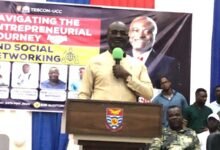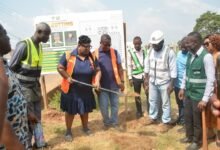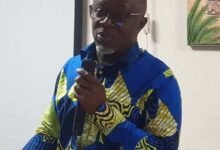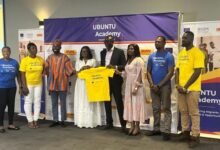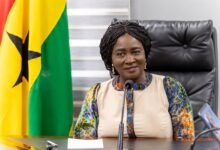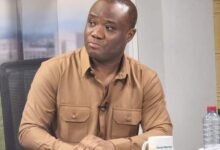Journalists undergo training to promote passage of AA Bill
Some Journalists have undergone a day’s training in Accra to enhance their skills to enable them to promote the passage of the Affirmative Action Bill (AA Bill) to Law in Ghana.
The training was organised on Friday by Abantu for Development with funding from Netherlands Embassy through the Equal Rights and Opportunities for Women and Girls Project (EROP).
Mrs Sheila Minkah-Premo, Convener of the AABill Coalition, during a presentation said the Coalition had used various legal strategies including undertaking legal research on various issues of concern to women and made recommendations for law reforms.
For her, it was disappointing to note that close to three decades of the Fourth Republican Constitution, Ghana had been unable to put measures in place to actualise Article 35 (6) which mandates the State to “take appropriate measures to achieve reasonable regional and gender balance in the recruitment and appointment to public offices, despite the immense contribution of women to political life.
Mrs Minkah-Premo acknowledged the marginal increase in female representation in the 8th Parliament which was at approximately 15 per cent from the previous figure of approximately 13 per cent in the 7th Parliament.
“The figure is the highest so far under the Fourth Republic and represents a doubling of female representation during the first Parliament in 1992.”
“ Despite this improvement, more commitment is needed to enable us achieve equality not only in Parliament, but at all levels in our governance structure by addressing the deep seated patriarchal norms which influences perceptions of women’s capabilities and roles, high cost of election campaign, intra-party discrimination against women, socio-cultural factors which impede the full participation of women in public life and decision making levels including poor policy implementation and lack of policies that promotes equality and equity,” she stated.
She said they undertook legal literacy programmes to educate people, particularly illiterate women, on their legal rights and network with like-minded organisations and coalitions to tackle women’s rights issues.
She noted that in spite of the numerous legislations and international Conventions that safeguarded the rights of women in Ghana, they continued to face various forms of abuses and discriminations at various levels including cultural, educational, employment and health.
Dr Charity Binka, Executive Director of Women Media and Change said it was obvious that Ghana needed a serious and strong gender policy to totally protect the rights of women and children, who formed the vulnerable group in society.
She said currently, there were so many legislations that protected women in Ghana, but not withstanding these policies, there were numerous challenges that prevented their smooth implementation.
Dr Binka encouraged every Ghanaian woman to Choose to Challenge and called out gender bias and inequality which is hindering their access and participation in leadership.
She called on the media to intensify their education on the existing gender laws and desist from stereotyping.
BY BENEDICTA GYIMAAH FOLLEY

